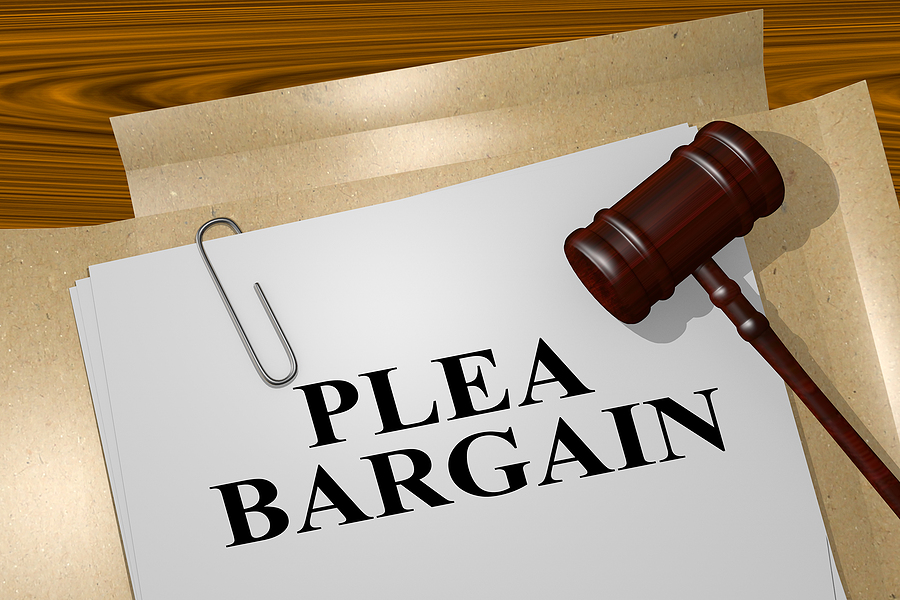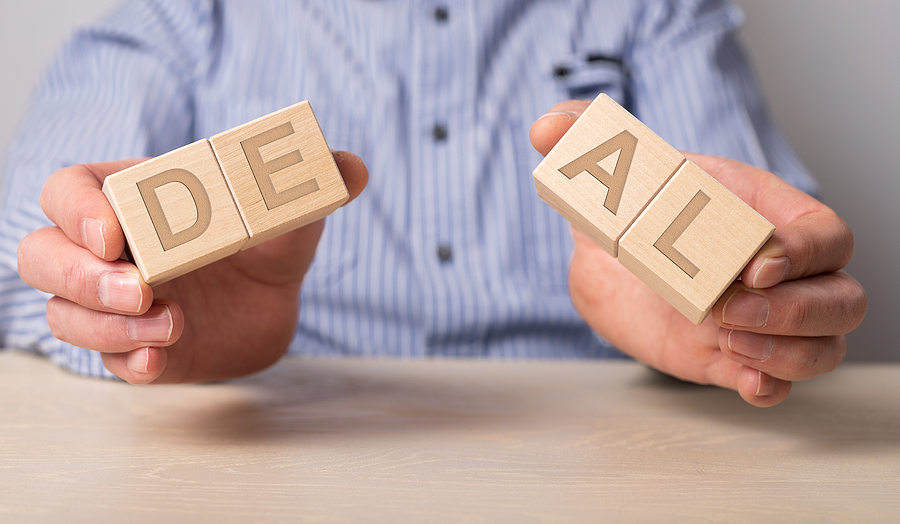Plea bargaining is a common and often controversial practice in the criminal justice system. It involves an agreement between prosecutors and defendants whereby the defendant pleads guilty to a lesser offense or fewer charges than they were originally charged with, in exchange for reduced penalties or other benefits. This process has both advantages and disadvantages that can have profound implications on criminal cases.
In this blog post, we’ll explore how plea bargaining affects those accused of crimes, including the role of a criminal defense lawyer in negotiating plea deals. We’ll also discuss some of the ethical considerations associated with plea bargains, as well as potential reforms that could be made to make them more equitable for all parties involved. By examining these issues from multiple angles, we can gain greater insight into how plea bargaining impacts our legal system today and what changes may need to be made going forward.

The General Benefits of Plea Bargains
The primary benefit of plea bargaining is that it allows criminal defendants to take responsibility for their actions while avoiding the risk of a harsher sentence if they took the case to trial. It also saves time and money for both parties, as fewer resources are needed to litigate a guilty plea than a full-blown trial. As such, plea bargaining is often seen as an effective way to reduce court backlogs and resolve cases more quickly. This can be beneficial for those accused of crimes who may not have access to adequate legal representation or financial means necessary to pursue a lengthy trial process.
The Possible Drawbacks of Plea Deals
However, there are many drawbacks associated with plea bargains that must be taken into account. For example, some argue that prosecutors wield too much power in plea bargaining, often pressuring defendants into accepting deals that may not be in their best interest. This can have a particularly profound effect on those with fewer resources or who are unfamiliar with the legal system, as they may not be able to adequately negotiate for better terms.
Additionally, research has shown that certain racial and ethnic groups are disproportionately affected by plea bargaining. For example, African Americans and Latinos are much more likely to accept plea bargains than Caucasians, even when facing similar charges.
Obtaining Criminal Defense
When it comes to negotiating a plea bargain, the role of a criminal defense lawyer is essential. A competent attorney will help ensure that their client’s rights are protected while working to reach an agreement that meets all parties’ needs. This includes ensuring that any deal reached is in the client’s best interests and does not involve any hidden consequences.
Considering Potential Reform Opportunities
Finally, it is important to consider potential reforms that could be made to fairer outcomes for all parties involved. These include implementing measures such as increasing oversight of plea bargaining practices, making sentencing guidelines more consistent across cases, and providing greater access to legal representation for those who cannot afford it. Such measures can go a long way towards making plea bargaining more equitable for defendants while also protecting their rights.
In Summary
Overall, the impact of plea bargaining on criminal cases cannot be overstated. Although it affords many benefits, there are also several ethical considerations that must be taken into account when negotiating deals. Furthermore, certain groups may face disproportionate disadvantages when considering plea bargains. With this in mind, reforms must be made to ensure that plea bargaining is an equitable process for all parties involved. A criminal defense lawyer can play a key role in ensuring that any deal reached is fair and protects their client’s rights. By understanding the nuances of plea bargaining, we can better appreciate its implications and strive towards creating a more just legal system.
You do not have to go through the legal system alone. Get a professional on your side who will fight for your rights and your freedoms. Contact Attorney David E. Lewis at 317-636-7514 to speak with a seasoned criminal defense lawyer in Indianapolis, Indiana. Our law firm will get you the best possible outcome to your criminal case!
Related Posts:
Why Was My Plea Deal Rejected By the Judge?
Frequently Asked Questions About No Contest Pleas
When Will I Make a Plea in My Criminal Case?

